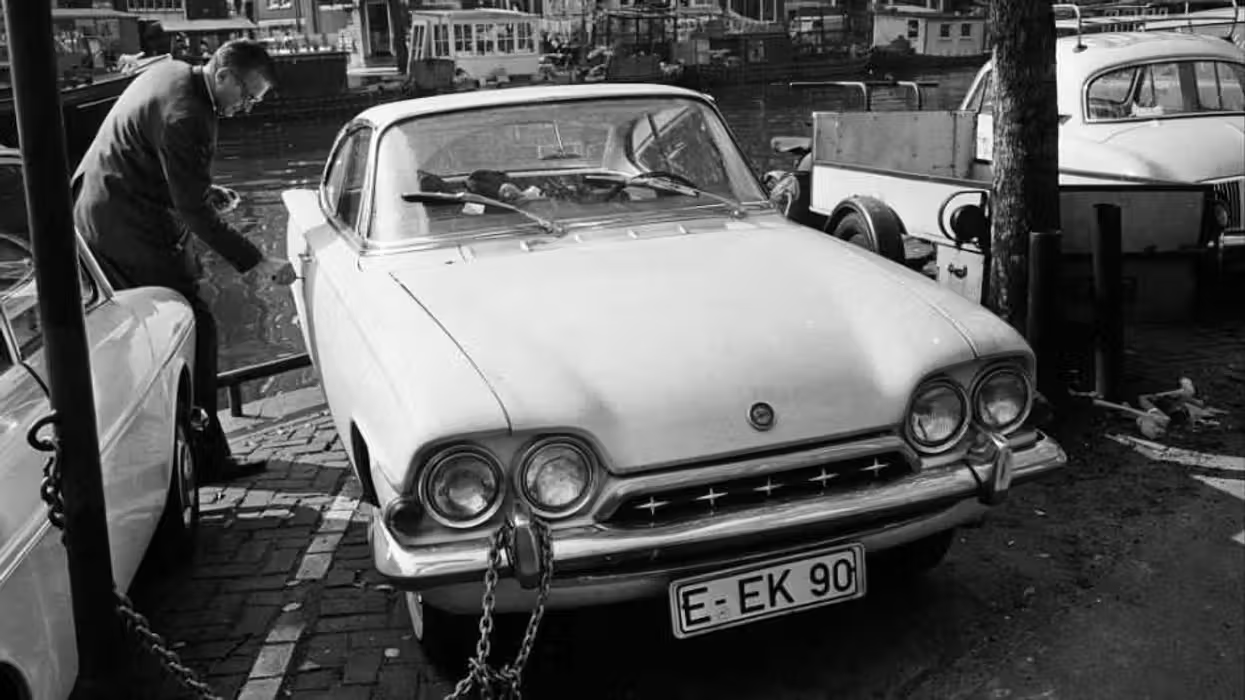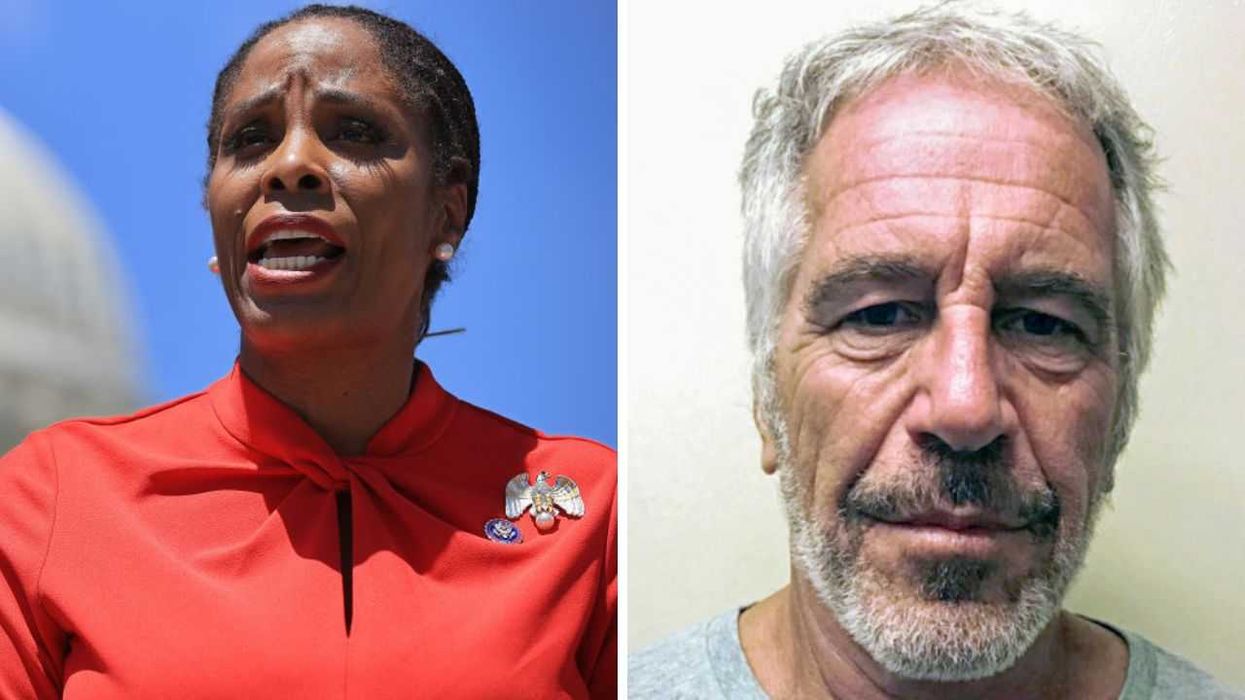
© 2025 Blaze Media LLC. All rights reserved.
Men, If You Value Your Marriage, Here's the Evidence That Says You Should Be Watching Chick Flicks
February 03, 2014
"...it's the couples reinvesting in their relationship and taking a cold hard look at their own behavior..."
Next time your significant other wants to watch a movie about relationships (also known to many as a chick flicks), know this: empirical evidence shows graciously settling in with a bowl of popcorn -- and spending time afterward discussing the movie relationship and your own -- could actually help your marriage.
A study conducted by researchers at the University of Rochester in New York of 172 newlywed-ish couples found watching movies about relationships and talking about how they applied to a couple could cut the three-year divorce rate in half. The reduction of the divorce rate from 24 percent to 11 percent with this method showed that it was just as effective as some therapist's treatments.
 Watching certain movies showing a couple in a long-term relationship and discussing this relationship and how it pertains to a real-life situation was found to be as effective at reducing divorce rates as therapy sessions. (Image source: YouTube)
Watching certain movies showing a couple in a long-term relationship and discussing this relationship and how it pertains to a real-life situation was found to be as effective at reducing divorce rates as therapy sessions. (Image source: YouTube)
"We thought the movie treatment would help, but not nearly as much as the other programs in which we were teaching all of these state-of-the-art skills," Ronald Rogge, psychology professor and lead author of the study, told the university about the research.
The research, conducted in collaboration with Thomas Bradbury of the Relationship Institute at the University of California-Los Angeles, was published in the Journal of Consulting and Clinical Psychology.
Newlyweds were the focus of the study because the researchers said "relationship dissolution is front-ended," but they believe the theories could apply for more established marriages as well.
The study divided couples into three groups. Two groups had therapist-guided training in either conflict management or compassion and acceptance categories. The third group was relationship awareness through film, which did receive some minimal training about watching couples in movies and how that could be related to their spouse.
Here is just a sampling of the movies that were included as relationship-themed films for couples in this last group to choose from (note: researchers were choosy about films that could be included, wanting them to show longer term relationships):
- Adam's Rib (1949)
Spencer Tracy and Katharine Hepburn
- As Good as it Gets (1997)
Jack Nicholson and Helen Hunt
- Children of a Lesser God (1986)
William Hurt and Marlee Matlin
- Dying Young (1991)
Julia Roberts and Campbell Scott
- Funny Girl (1968)
Barbra Streisand and Omar Sharif
- Indecent Proposal (1993)
Robert Redford and Demi Moore
- Made for Each Other (1939)
Carole Lombard and James Stewart
- On Golden Pond (1981)
Katharine Hepburn and Henry Fonda
- The Way We Were (1973)
Barbara Streisand and Robert Redford
- Who's Afraid of Virginia Woolf? (1966)
Elizabeth Taylor and Richard Burton
- Yours, Mine and Ours (2005)
Dennis Quaid and Renne Russo
The research found that discussing relationships in movies was just as effective as the techniques learned in formal sessions with therapists outside the home. This, according to the study, could show that some couples already have the skills to maintain a successful and compassionate relationship with their spouse but more simply need a reminder to use them. If this is the case, Bradbury said it could be a "more sensible and …cheaper" idea for some couples wanting to strengthen their relationship.
Watch this short report about the research:
"I think it's the couples reinvesting in their relationship and taking a cold hard look at their own behavior that makes the difference," Rogge said, according to the university's website. "The sad truth is that when life knocks you down, you come home and the people you are most likely to lash out at in frustration are the ones you love the most. For these couples to stop and look and say, 'You know, I have yelled at you like that before. I have called you names before and that's not nice. That's not what I want to do to the person I love the most.' Just that insight alone, is likely what makes this intervention work."
The researchers think watching movies and asking questions about the relationships in the film could help spur these insights.
This alternative to formal therapy could be especially attractive to couples who are already happy with their relationship and those who might have averse thoughts to therapy sessions.
"…[ it's] having a discussion, that's not so scary. It's less pathologizing, less stigmatizing," Rogge said.
Couples interested in learning more about the research and how to engage in such a relationship-based film discussion can visit the psychology lab's website for more information.
Want to leave a tip?
We answer to you. Help keep our content free of advertisers and big tech censorship by leaving a tip today.
Want to join the conversation?
Already a subscriber?
more stories
Sign up for the Blaze newsletter
By signing up, you agree to our Privacy Policy and Terms of Use, and agree to receive content that may sometimes include advertisements. You may opt out at any time.
Related Content
© 2025 Blaze Media LLC. All rights reserved.
Get the stories that matter most delivered directly to your inbox.
By signing up, you agree to our Privacy Policy and Terms of Use, and agree to receive content that may sometimes include advertisements. You may opt out at any time.





